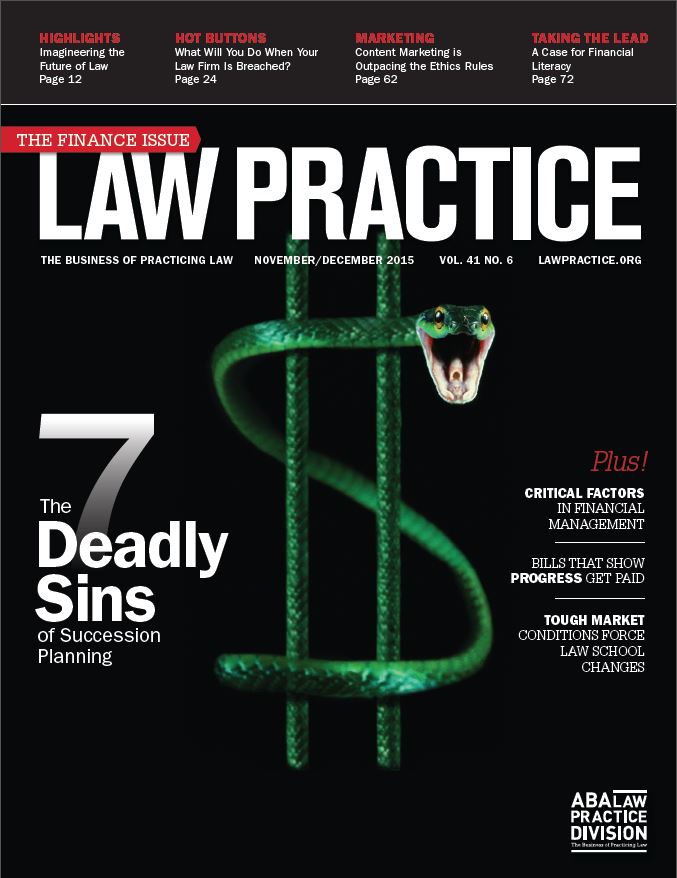PBI Ethics CLE — The Race for Clients: Is Attorney Marketing Outpacing the Ethics Rules?
 In the 15+ years where I’ve taught the marketing & advertising ethics CLE hour of Ethics Potpourri, this years’ program has elicited some of the most fascinating exchanges from the audience. I teach this hour live in Philadelphia and Pittsburgh every April, August and December. The coming weeks include the live presentation in Pittsburgh on August 25th and Philadelphia on August 30th. For directions and registration information, visit PBI. If you missed the program in April and can’t make August, the December dates will be here before you know it.
In the 15+ years where I’ve taught the marketing & advertising ethics CLE hour of Ethics Potpourri, this years’ program has elicited some of the most fascinating exchanges from the audience. I teach this hour live in Philadelphia and Pittsburgh every April, August and December. The coming weeks include the live presentation in Pittsburgh on August 25th and Philadelphia on August 30th. For directions and registration information, visit PBI. If you missed the program in April and can’t make August, the December dates will be here before you know it.
The deadly Amtrak train crash in Pennsylvania last May (2015) serves as the backdrop for a program that examines whether today’s ethics rules regarding solicitation and advertising are still effective in protecting victims and their families? For an attorney who believes in the reasoning and philosophy of the Rules of Professional Conduct, does waiting out a 30 day moratorium on contact mean you’ve lost out on the lucrative race for clients? The program examines related court cases, ethics opinions and the RPC as they tie into various forms of business development for plaintiff’s attorneys that are seeking clients in a highly competitive marketplace. Some of the concepts might disgust you—but they are kosher. Some might remind you that today’s society, spurred on by a different news cycle, social media and a more cutthroat landscape means changing the way you do business, and get business.
The program flows from a column I wrote for the ABA’s Law Practice Magazine in late 2015, Content Marketing is Outpacing the Ethics Rules. That column also elicited many e-mails from colleagues on the somewhat controversial subject matter. As I witnessed the aftermath of the deadly crash at home in Philadelphia, I watched the way attorneys used newspaper articles, press conferences, e-mail, social media, press releases and other semi- or non-“advertising” means to promote themselves and position their law firms for prospective clients. It reminded me that so many of the ethics rule in place today to protect the client are simply outdated or ineffective. Judge for yourself.
 Marketing Attorney Blog
Marketing Attorney Blog


